Gaming PCs and gaming consoles are both popular platforms for playing video games, but they have some key differences. This article will compare the pros and cons of each platform to help you decide which one is best for you
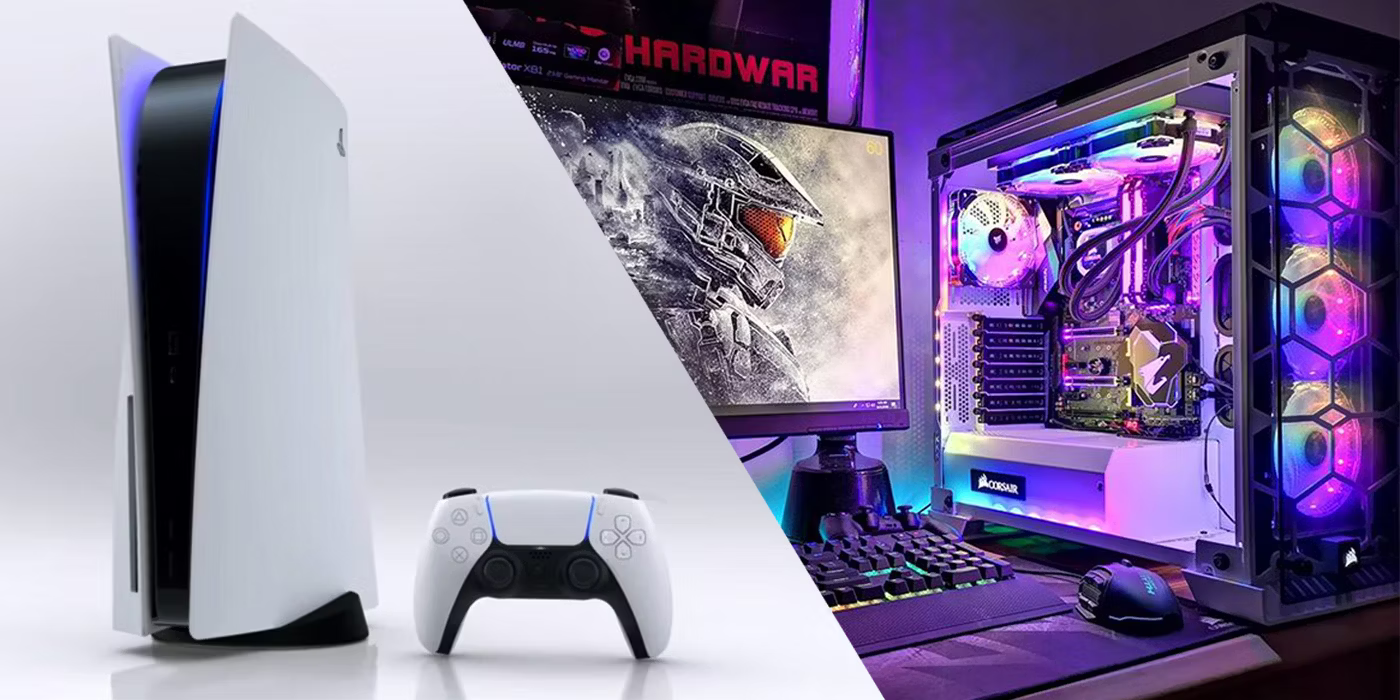
Gaming PCs
Pros:
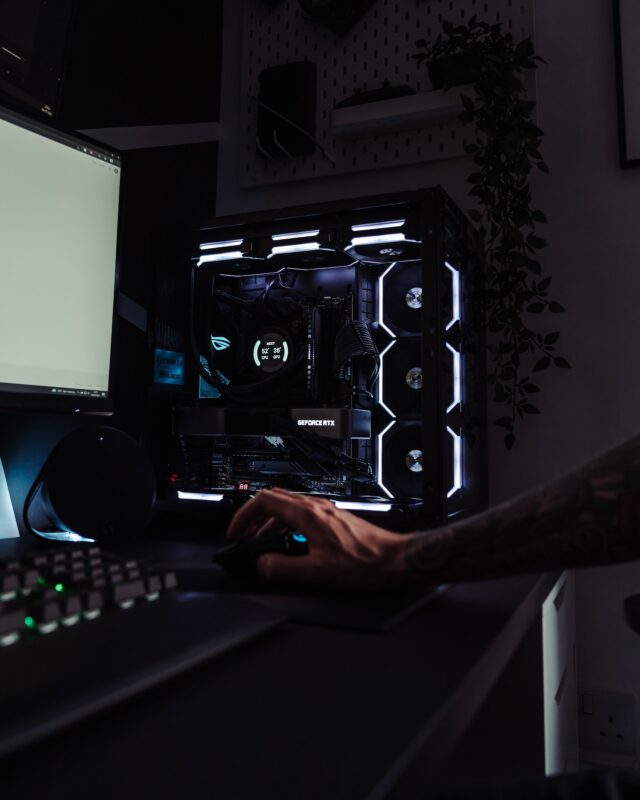
- Greater processing power: Gaming PCs can typically handle more complex and resource-intensive games than consoles can, thanks to their more powerful processors and graphics cards.
- More customization options: With a gaming PC, you can easily upgrade individual components to improve performance or add new features. You can also choose from a wide variety of peripherals, such as different types of keyboards, mice, and monitors.
- Wider selection of games: The PC has a larger library of games available, including many that are not available on consoles.
- Cheaper games: Games are often cheaper on the PC, especially if you take advantage of sales and discounts.
Cons:
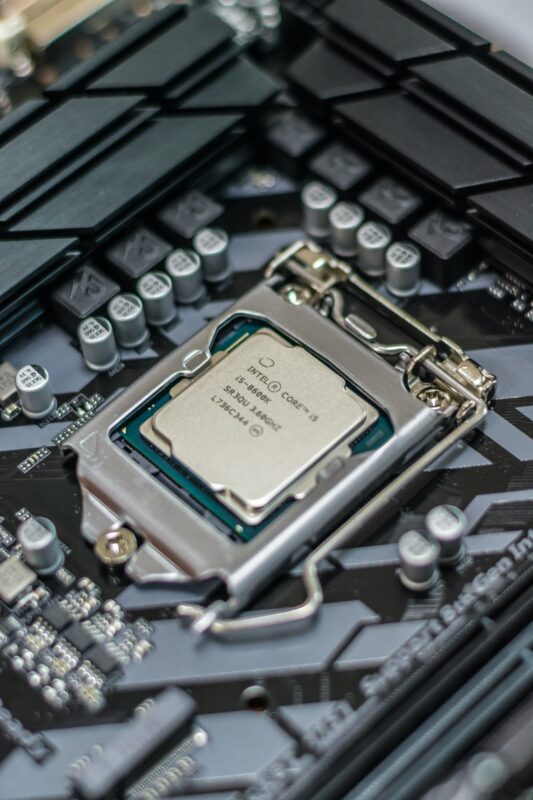
- Higher upfront cost: Gaming PCs can be more expensive to buy initially, especially if you opt for high-end components.
- More technical expertise required: Building and maintaining a gaming PC requires a certain level of technical knowledge. If you’re not comfortable with things like installing hardware and troubleshooting problems, a gaming console might be a better choice.
- Compatibility issues: Some games may not run properly on certain PCs, or may require specific hardware configurations to work.
Consoles
Pros:
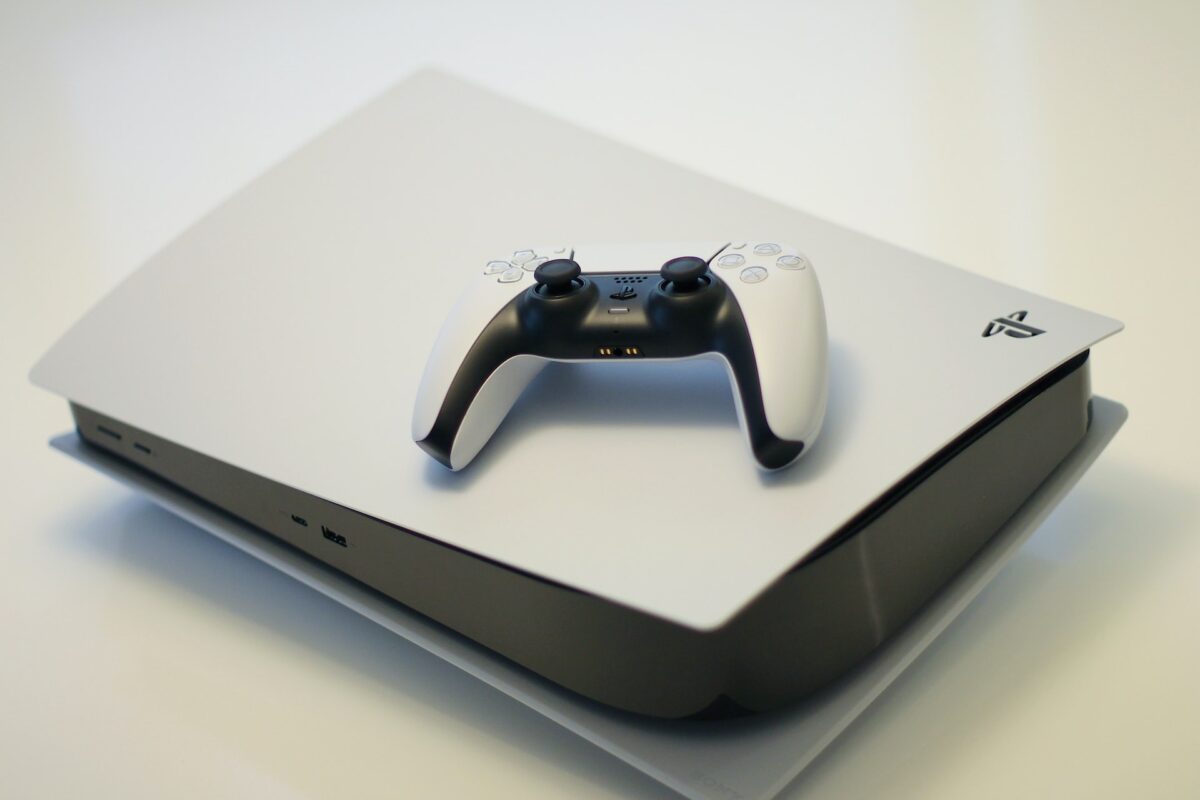
- Lower upfront cost: Gaming consoles are typically cheaper to buy than gaming PCs, especially when you factor in the cost of a monitor and other peripherals.
- Easy to use: Gaming consoles are designed to be plug-and-play, so they’re generally easier to set up and use than PCs.
- Console exclusives: Many popular games are available only on consoles, such as the Halo and Uncharted series.
- Shared multiplayer experience: Console gaming often offers a more social, shared experience, as it’s common for friends to gather around the same TV to play together.
Cons:
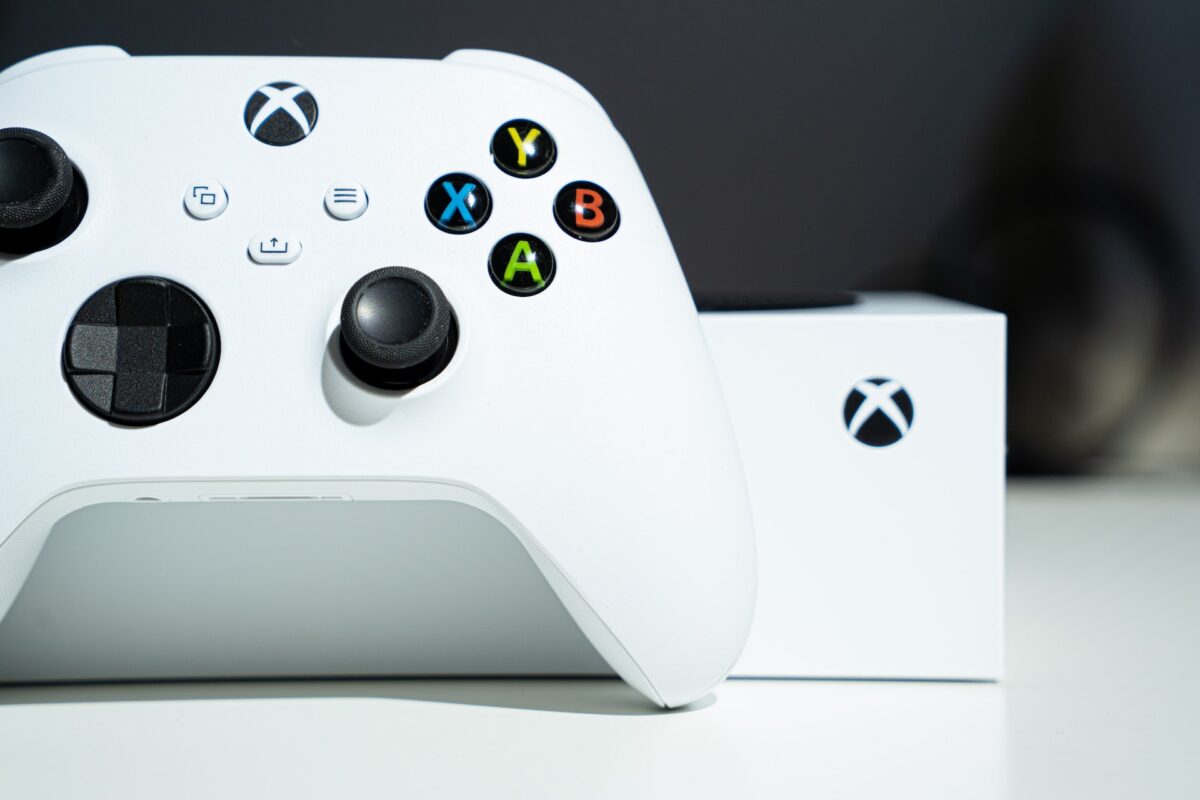
- Limited processing power: Consoles can’t match the processing power of high-end gaming PCs, so they may not be able to run the most demanding games at maximum settings.
- Fewer customization options: You can’t upgrade individual components of a console like you can with a PC, so you’re stuck with the hardware you bought.
- Higher cost for online multiplayer: Most console games require a paid subscription to access online multiplayer features.
Conclusion:

In conclusion, both gaming PCs and gaming consoles have their strengths and weaknesses. Gaming PCs offer greater processing power and customization options, but they can be more expensive and require more technical expertise. Gaming consoles are cheaper and easier to use, but they have limited processing power and fewer customization options. Ultimately, the right platform for you will depend on your needs, budget, and level of technical expertise.
